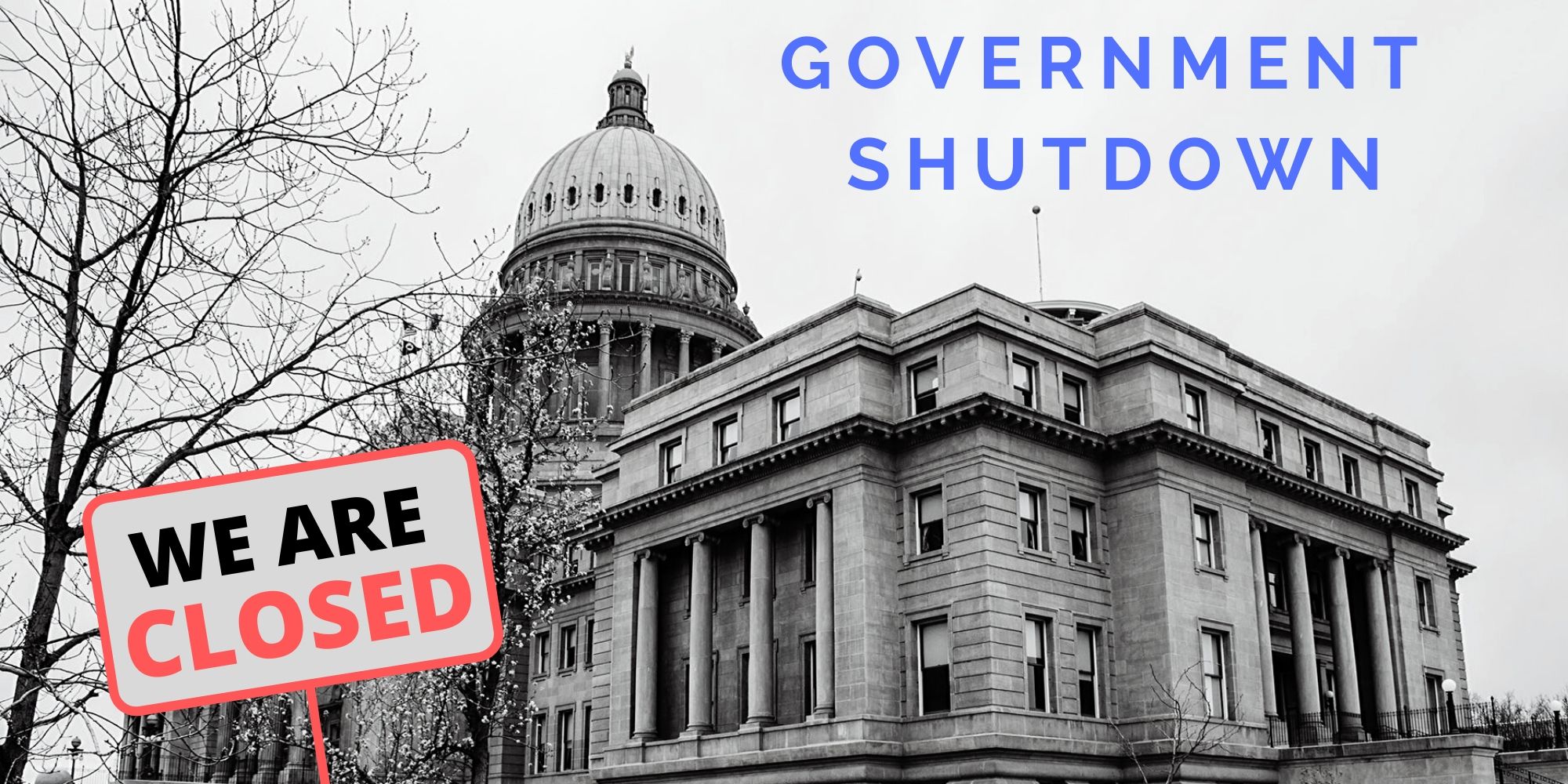
Making the Shutdown Work to Your Advantage
Let’s face it, no one wants a shutdown. It hurts the economy, it hurts businesses, and it just dampens the New Year spirit. There are enough energy vampires around us. Do we really need one more to sap our enthusiasm? Not really, but for any prudent business, it is important to face the possibility and plan to use that downtime to their best advantage.,
Here are three things companies can do during the shutdown to benefit their Bid & Proposal processes:
-
Strengthen your contract knowledge base – think Past Performance Library. Leverage the experience and knowledge base of your billable staff – throughout the year your billable staff is doing what you expect them to do – taking care of the customer. During the lull caused by the shutdown, take advantage of their time to help build your company’s knowledge base and, most importantly, to help build your past performance library. ProposalHelper recommends building a detailed past performance template, then listing detailed questions that dig into the work your team has been doing on-site. Take the time to record and document performance metrics and build out the quantified achievements that are so very essential in proposals. This would be a good time to walk through the statement of work with the senior team on the program and find out, not only, how they are supporting the requirements, but, also, what they are doing above and beyond the documented scope of work. What does the agency’s technology stack look like? What systems does your team touch and support? All the questions that come up constantly during the heat of the proposal cycles, but with no clear answers at the moment.ProposalHelper, also, recommends using this time to interview the program team, getting their input and feedback verbally, rather than making them write it all down. If you tell someone to sit and write out the past performance just because they cannot show up to the government site, you will earn your team’s resentment. “Our technical writers are adept at planning and interviewing the Program Managers and key technical staff to help build a detailed and meaningful Past Performance Library.” according to Dr. Troy Tyre, Vice President at ProposalHelper. His team of Proposal Managers (PrMs) and Technical Writers are well trained to help in this task. Use an experienced proposal team to set up telephone or in-person interview sessions. There is no replacement for an experienced person who knows what to ask with a clear understanding of the proposal process – their questions will be focused and the responses gathered will be meaningful.
-
Incumbents and recompetes – squash the competition. This is the time when you can garner the undivided attention of your Program Manager and key program staff members. Utilize this time wisely to prepare for the recompete by gathering the right information – what is your team doing well? what can you do more of and what can be improved? what is the customer’s perception of the service your team is providing – do they value it or do they simply expect it? Too often, companies only start thinking about doing something well or doing something more about 6 to 12 months before their contract is about to end. “Companies share glowing performance improvement stats with us for call-out boxes, but when we ask, we learn they only started making improvements 2 or 3 months before their contract end date. The client might think they are doing something great, but how did the client perceive that?” points out Robert Tucker, Senior Proposal Manager at ProposalHelper. What you think and how the customer feels about it must be aligned. We recommend starting the preparation for the recompete on day One of your contract award. Downtime can be leveraged to strategize and plan the top two or three things you can do for your client to make them happy (ier) and show them value for the long-term.
-
Document your approaches – what are you actually doing? Often, companies have proposal libraries with glorious approaches on how they plan and manage their projects or how they recruit and train their people. Why not align what you say in your proposals with what you actually do? It is not uncommon to hear companies say they don’t actually follow the process they put in their proposal. As a successful company, you are obviously doing something right. Why not document what you are doing well, show success, and brag about it in your proposals? This is where using an experienced proposal team to interview your key personnel can be tremendously helpful. They know the right questions to ask that can translate to not just your past performances being documented well, but that can, also, help build your non-technical, recurring processes and practices. Dr. Tyre, VP at ProposalHelper reflects that “The challenge is asking purposeful questions. If you haven’t worked on proposals before, you really don’t know how to ask a leading question for that purpose. Our team is exceptional at keeping a broad view of the purpose and asking the right questions.”Every company should have a clearly documented growth plan. When there is a hiccup like a shutdown, thinking about proposals may not be your top priority. But, consider this – outside of payroll, for a small business, Bid & Proposal (B&P) costs are, perhaps, the second-largest expenditure for a government contractor. If we must go through a shutdown and we have resources to leverage, use that time to focus on taking actions that can improve your PWin and reduce some of the costs of doing business in the long run.